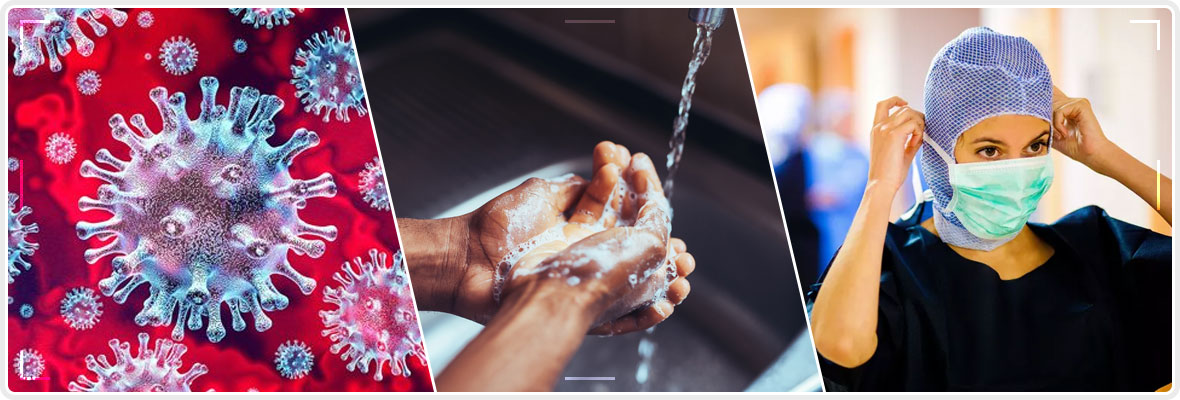
Table of Contents
Coronaviruses (CoV) are a large group of viruses that cause illnesses ranging from the common cold to more severe illnesses such as MERS-CoV and severe acute respiratory syndrome (SARS-CoV). The new coronavirus (CoV) is a new strain that has not been previously found in humans.
Coronavirus is an animal source, which means it spreads between animals and humans. Detailed research found that SARS-CoV was transmitted to humans from civet cats, while MERS-CoV was transmitted to humans from camels. Many known coronaviruses are transmitted in animals that have not yet infected humans.
Common signs of infection include respiratory symptoms, fever, cough, shortness of breath, and dyspnea. In more severe cases, the infection can lead to pneumonia, severe acute respiratory syndrome, kidney failure and even death.
Standard recommendations for preventing infections include regular hand washing, covering mouth and nose when coughing and sneezing, and thoroughly cooking meat and eggs. Avoid close contact with anyone who has symptoms of respiratory illness, such as coughing and sneezing.
Coronavirus shows no signs of slowing down. At the time of writing, 9,776 cases have been reported, of which 213 have confirmed deaths. Since the Wuhan virus has spread to other parts of Asia, Europe and the Middle East, it is necessary to understand how to ensure your safety during a coronavirus outbreak.
The World Health Organization (WHO) previously mentioned that coronavirus has not yet represented a global emergency health event. “There have been no mistakes. WHO is an emergency in China, but it has not yet become a global emergency health event,” WHO President Tedros Adhanom Ghebreyesus said at an emergency meeting in Geneva.
However, Adhanom has now changed as the World Health Organization declares it an urgent public health event of international importance. China has also taken other steps to combat airborne viruses with the elimination of national football matches and marriage records on popular dates, just as IKEA has closed all 30 stores in the country.
Symptoms reported by people infected with Wuhan virus include fever, chills, headaches, shortness of breath, and sore throat. But how do you stay safe while coronaviruses spread?
Good hand hygiene is the best way to prevent viruses and preserve pathogens. The Centers for Disease Control and Prevention (CDC) also emphasized the importance of alcohol-based hand sanitizers without soap and water.
In public places on shopping malls, buses, or trains, bring a pair of outdoor gloves and keep them in a special condition. If your Wuhan virus symptoms are slow, you must wear a mask.
If you know someone showing symptoms of Wuhan virus, avoid contact. It is strongly recommended that affected people to go to the hospital. Then, when you cough or sneeze, cover your nose and mouth with a paper towel or drape, not your hands.
According to the Canadian Broadcasting Corporation (CBC), the virus in the air has been traced to animals, so it must be done well, especially meat and eggs. Also, use your utensils when sharing food.
Since 2017, Saba Ghani has been serving as the talented and dedicated chief content writer for Pakistan Tour and Travel & EMHI Solutions. With her exceptional writing skills and in-depth knowledge of the travel industry, she has been instrumental in crafting engaging and informative content that captivates the audience. You can catch her at saba@pakistantourntravel.com or Twitter
12Years of relentless tourism Services in Pakistan